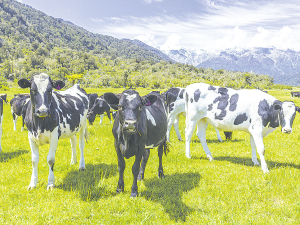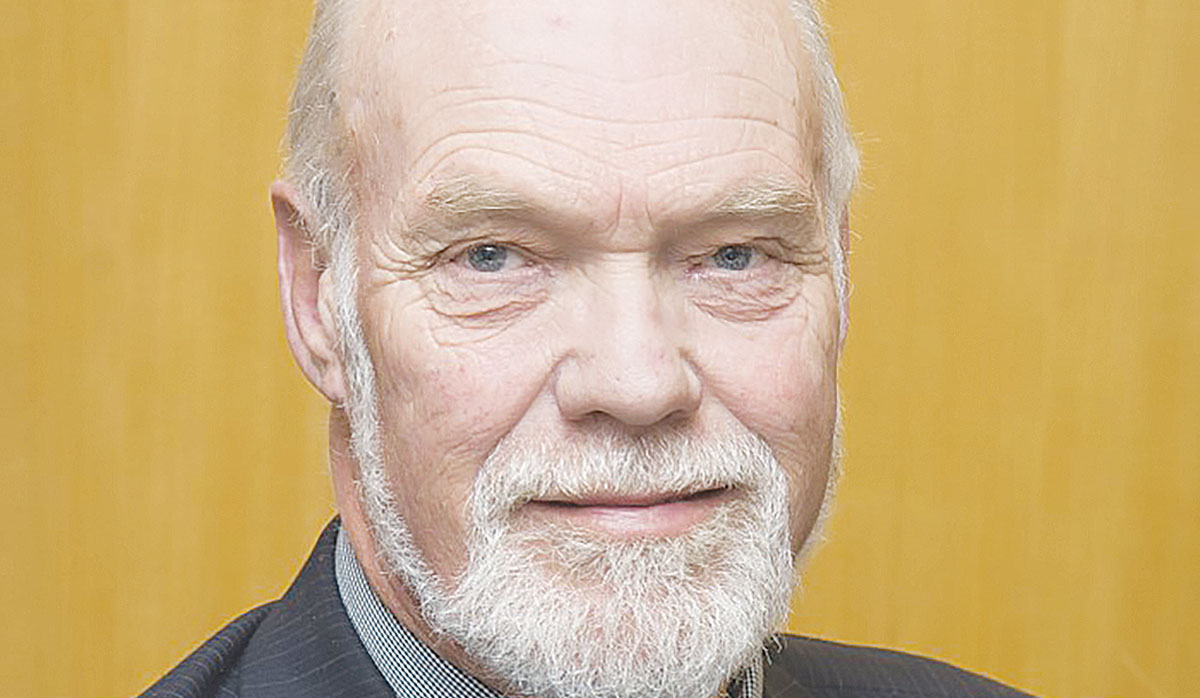Book culling space now!
Livestock farmers are being urged to plan ahead for possible meat processing disruption due to Covid-19.
 Waiting time for killing space at meatworks has jumped from two weeks to nearly eight weeks, says Dr Lindsay Burton.
Waiting time for killing space at meatworks has jumped from two weeks to nearly eight weeks, says Dr Lindsay Burton.
Dairy farmers are being urged to start planning, if they haven't already done so, for delays in getting their cull cows into meat processing plants.
The chair of the Animal Welfare Forum, Dr Lindsay Burton, says the expectation of some farmers that they can ring up a buyer at short notice and have animals collected quickly is unrealistic at the moment.
The forum is a multiorganisational group comprising industry good organisations including DairyNZ and Beef+Lamb NZ, the Meat Industry Association, DCANZ, Federated Farmers, the Veterinary Association and Ministry for Primary Industries (MPI). Its goal is to identify issues and take initiatives to ensure compliance around animal welfare.
Burton says with Omicron in the community, there is much uncertainty around the availability of labour in processing plants. He says even before the recent Omicron outbreak, the industry was 5,500 workers short and the situation has the potential to get worse.
"Typically the waiting time for killing space would be about two weeks, but in the present environment it could be anywhere between six and eight weeks, so farmers have to have contingency plans in place.
"The processors don't know what number of their workforce will be unable to work at any given time and that is where the concern is - uncertainty," he says.
Burton says some farmers don't have a direct ongoing relationship with a processor, but they now need to make contact with whoever they sell their animals to, make sure they understand the potential extent of the problems that may lie ahead and put robust arrangements in place.
He says they are putting this message out to farmers though the various member organisations of the Forum and notes the meat processing companies are getting in contact with farmer clients to plan their placement of stock at the works.
"I think the majority of farmers are planning - we are just reinforcing that message, but we are also making sure that those who haven't thought about it too hard... engage quickly, so they know what the situation is and get regular updates from their processors," he says.
The delays of getting animals to works has the potential to cause animal welfare issues - especially having adequate feed if animals have to be held on farm longer than originally planned. Burton says the good news at present is that the feed situation on-farm is good, with recent rains over much of the country and warmer weather, which has resulted in better pasture covers.
 |
|---|
|
Dr Lindsay Burton |
"We are not that concerned about the feed situation at present but we are monitoring the situation.
"People need to make sure they have feed on hand and recognise that, if stock are to be picked up, they must be fed and kept in good condition," he says.
The National Wild Goat Hunting Competition has removed 33,418 wild goats over the past three years.
New Zealand needs a new healthcare model to address rising rates of obesity in rural communities, with the current system leaving many patients unable to access effective treatment or long-term support, warn GPs.
Southland farmers are being urged to put safety first, following a spike in tip offs about risky handling of wind-damaged trees
Third-generation Ashburton dairy farmers TJ and Mark Stewart are no strangers to adapting and evolving.
When American retail giant Cosco came to audit Open Country Dairy’s new butter plant at the Waharoa site and give the green light to supply their American stores, they allowed themselves a week for the exercise.
Fonterra chair Peter McBride says the divestment of Mainland Group is their last significant asset sale and signals the end of structural changes.
President Donald Trump’s decision to impose tariffs on imports into the US is doing good things for global trade, according…
Seen a giant cheese roll rolling along Southland’s roads?